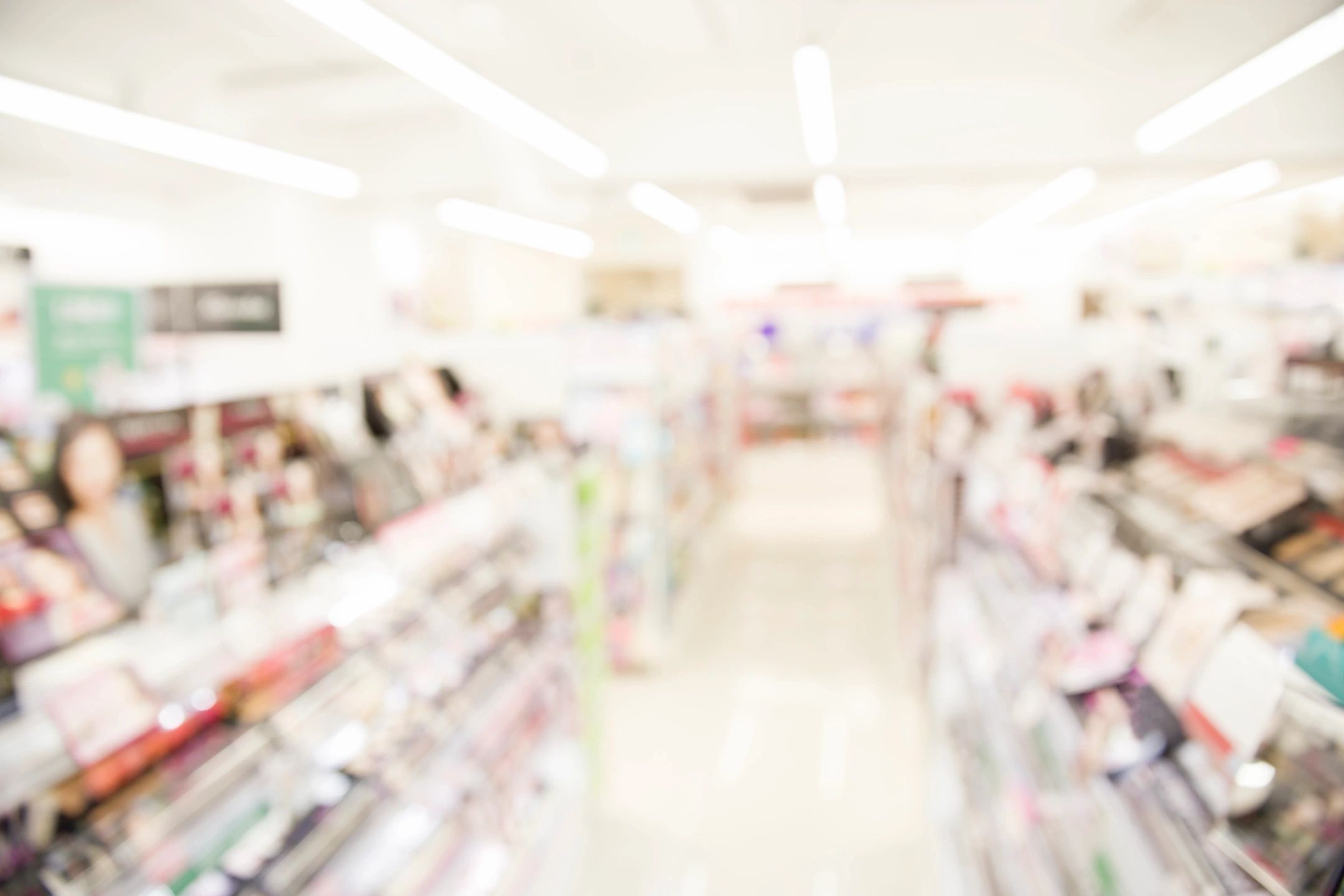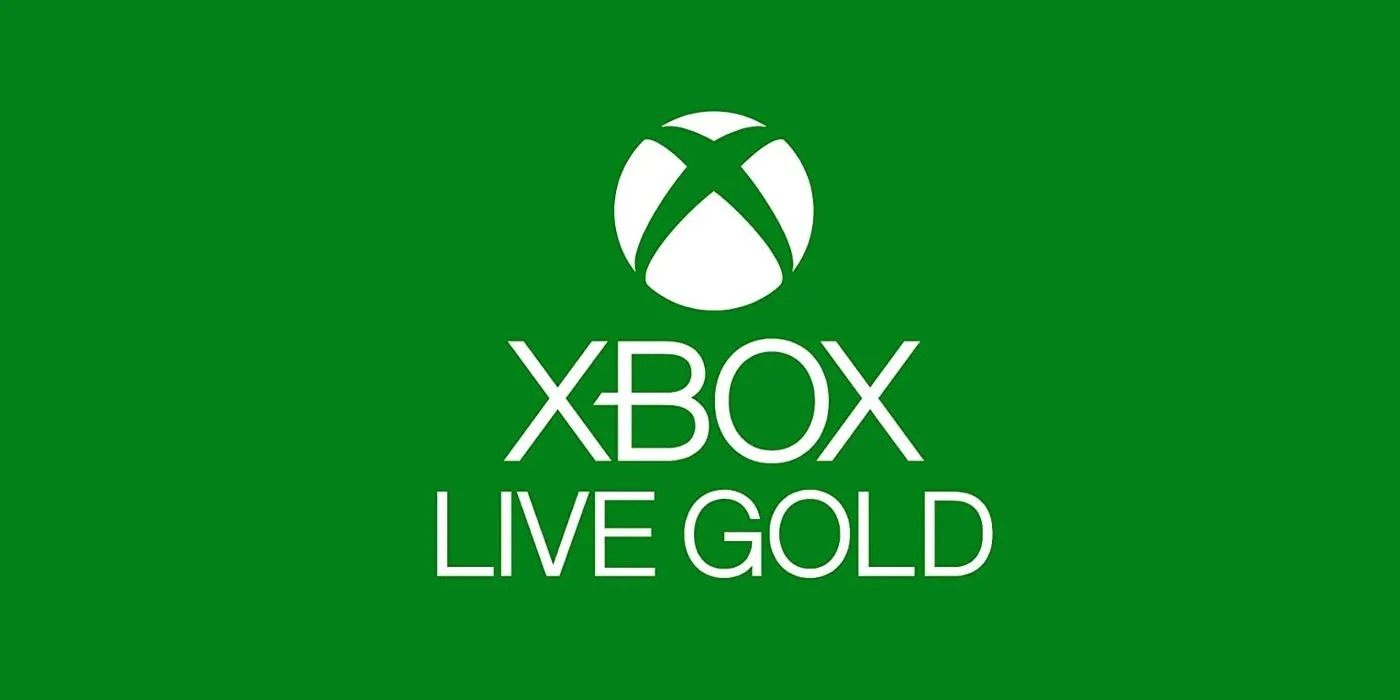Thursday marks a significant shift for alcohol consumers in Ontario, as thousands of convenience stores across the province gain the ability to sell alcoholic beverages. Initially, Premier Doug Ford’s government planned to “modernize” the alcohol market by 2026, but the timeline has been fast-tracked to start this week.
This acceleration, welcomed by store operators, means beer, wine, and ready-made cocktails will be available at corner stores sooner than expected. “A lot of people are excited. They’re viewing this as a new chapter for the industry,” said Terry Yaldo, chair of the Ontario Convenience Stores Association and a Windsor convenience store owner. “I’d rather have a shorter timeline and get things rolling, even if it means working out the kinks along the way.”
As part of the accelerated rollout, the province will compensate The Beer Store up to $225 million. According to the Alcohol and Gaming Commission of Ontario (AGCO), as of September 2nd, 4,180 convenience stores have been licensed, including 307 in Toronto. Many stores are expected to be ready for sales, with orders already arriving from the LCBO.
With thousands of new locations now set to sell alcohol, here’s what shoppers need to know about how it will all work.
Can alcohol be purchased 24/7?
Even if your local corner store is open around the clock, you won’t be able to pick up a case of beer after midnight. According to the AGCO, alcohol sales are limited to the hours of 7 a.m. to 11 p.m., which still offers a longer purchasing window than what’s available at the LCBO or The Beer Store.
Staff selling alcohol must be over 18 and have completed a training course, as per AGCO regulations. Additionally, stores are prohibited from selling alcohol to anyone under 19 and are required to check identification if a customer appears underage.
At Yaldo’s convenience store, they plan to take extra precautions by asking everyone for ID. “With this new privilege, we want to raise our standards,” he said.
Corner Stores Not Required to Accept Empty Bottles, Raising Concerns
While corner stores will now be able to sell alcohol, they are not required to accept empty bottles and cans for recycling. The Beer Store will continue to manage its recycling program until 2031, and stores larger than 4,000 square feet, primarily grocery stores, must accept recyclables. However, many of these larger stores have been slow to apply for licenses due to concerns about the recycling requirement.
Industry groups have noted that accepting empties is costly and requires significant space. With many new corner stores selling alcohol without a corresponding increase in recycling locations, environmental advocates are worried about the impact on recycling rates. The province asserts that The Beer Store will maintain an effective recycling program.
Ashley Wallis, associate director at Environmental Defence, expressed concerns about potential declines in recycling rates. “Returning your container should be just as easy as purchasing it, both to receive your refund and to ensure the container is efficiently recycled or refilled,” she said.



